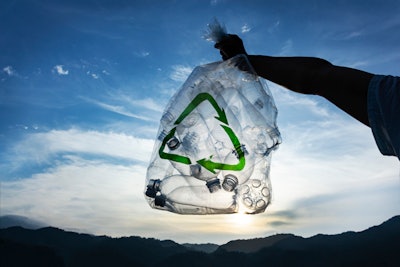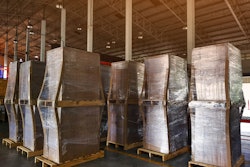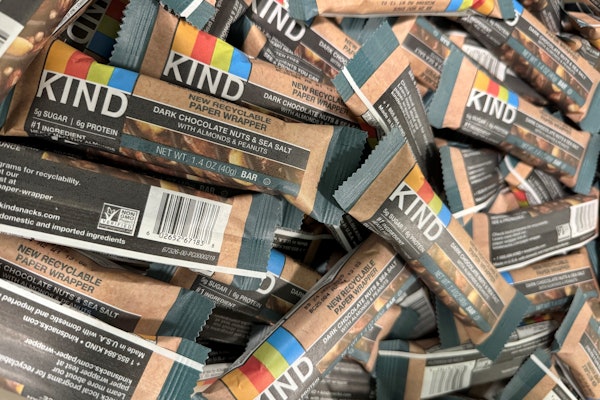Researchers at Virginia Tech are developing a process to take plastic waste from packaging, strip down the molecules and make soap and other detergents.
“Plastic pollution is a major problem we face today,” says Virginia Tech’s Greg Liu in a recent article in New Scientist Magazine. “We realized that if we can somehow break the polyethylene chain into smaller chunks and then add acid groups at the end of the chain, then we pretty much make a fatty acid.”
Polyethylene is made up of long carbon chains, which have a similar structure to the fatty acids used to make surfactants, an ingredient in soaps and detergents, says Liu.
By using an oven that was hotter at the bottom and cooler at the top, the team heated polyethylene to a high enough temperature to break the chains down into smaller pieces without it turning into gas. The resulting product was short-chain polyethylene, a type of wax. The researchers then added oxygen molecules to the end of these short chains of wax, effectively turning them into fatty acids.
A chemical reaction called saponification can then be used to turn the fatty acids into soap which are chemically no different than the fatty acids typically obtained from traditional sources like animals.
This upcycling method could also potentially be used on polypropylene, like that in coffee cups and food packaging.
Not only does the process potentially cut down on plastic pollution, Liu says that the process provides another stream of fatty acids for the detergent-making industry, reducing the dependence on animal fats.

























